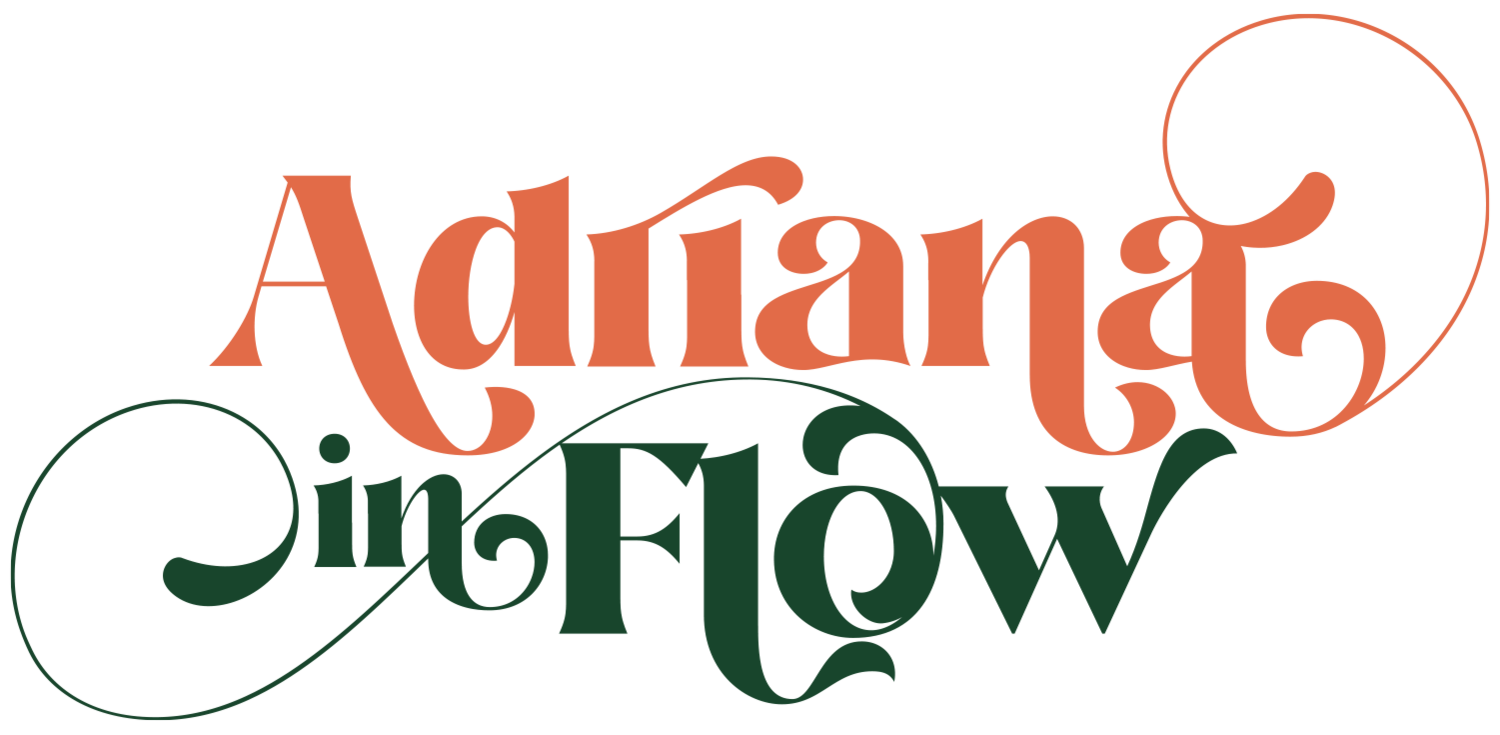Starting with the Muladhara chakra, or root chakra. The first thing that comes to mind when I think of the root chakra is Ganesha. Ganesha is the Hindu god with the body of a man and the head of an elephant. The very first chant I ever learned was the chant to Ganesha. I cried that very first time, without quite knowing why. It opened up something in me. That same night I found my spirit animal. Ganesha is also the lord of beginnings. It seems fitting that the chant to Ganesha would be my first chanting experience.
I've chanted to Ganesha countless times since then. Sometimes joyfully, sometimes choking on tears every other syllable. The reason I think of Ganesha when I think of this chakra is because he is the ruler of the Muladhara chakra. "He guards the gate to the pelvic floor" as MC Yogi puts it. He is the remover of obstacles, depicted with an axe to cut through the delusions/illusions or maya of this world. He has a big belly, able to digest all of life's problems. He's also a child god, created by Shakti. I love the story of the birth of Ganesha. Hinduism is rich with elaborate and magical stories.
To understand the birth of Ganesha, it's important to first understand Shiva & Parvati.
Shiva is the great creator. He dances universes into existence. And Parvati is the mother of the universe. Shiva would often leave for months at a time, dancing in the forests as Nataraja. One day while Shiva was away, Parvati created a statue of a boy out of some clay. He was so lifelike that she decided to give him life. She named him Ganesha. She grew quite fond of him and treated him like her own son. One day she asked Ganesha to stand guard at the door of the palace while she went to take a bath. While Parvati was in the bath, Shiva came back home. Ganesha, following orders and not having met Shiva, wouldn't allow Shiva to come in. Shiva was enraged, and asked his soldiers, the Gunas, to move him out of the way so that he could enter his own home. Each of the Gunas tried, but Ganesha stood his ground. He would not allow Shiva to pass. Shiva grew so angry that he lost his temper and killed the boy, chopping off his head. Parvati heard the fighting and came back to see her now lifeless son. Her rage was greater than Shiva had ever witnessed. She threatened to destroy everything in creation. Brahma, the Creator, took issue with this and pleaded with her to stop. She agreed not to destroy the universe on two conditions; one, that her son be brought back to life, and two, that he become a god worshiped forever above all other gods. Shiva agreed and quickly found a replacement head, the head of an elephant. Ganesha received the name Ganapati which means leader of the Gunas.
The chant to Ganesha is simple, Om Gam Ganapataye Namaha. Om is the universal sound. Gum is the bija mantra, or seed sound of the root chakra. Ganapataye is the formal name given to Ganesha. And Namaha means I invoke you.
Click this link to hear Wah's version of the Ganesha mantra on Spotify.
This chant not only taps into root chakra energy, but it also expresses a willingness to release attachment and a little prayer to help remove obstacles. Happy chanting!





